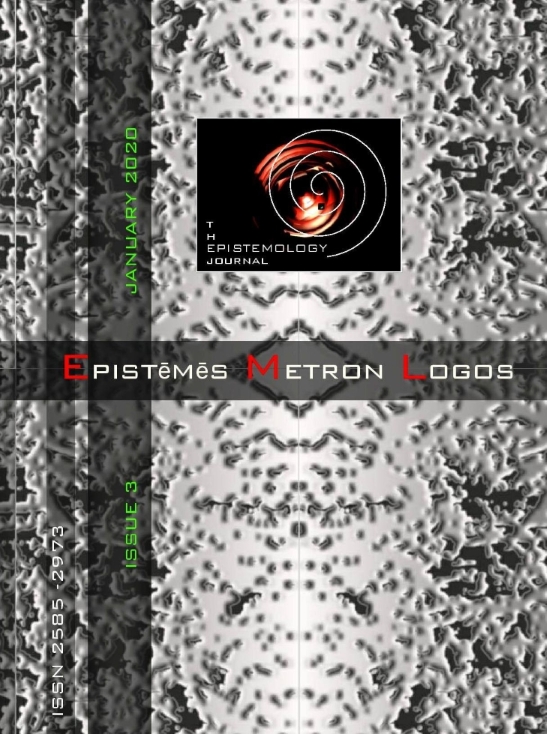Editorial
Résumé
A scientific journal is not just space where high-quality and peer-reviewed articles are published. Academics adjust the structure, the content and even the style of their papers according to the journal they wish to make their contribution. Therefore, journals create niches, form audiences and in the end, shape science itself.
It is in this spirit that we publish EML journal; not just to create more available space to publish more articles, but to substantially contribute to the shaping of epistemology and philosophy in general; eventually of science itself.
For this reason, on one hand, we stick to traditional processes such as a double-blind peer review or the classic structure and referential system that is so well-known to the scientific community. On the other hand, we will introduce novelties that, we believe, are for the sake of progress. Our thoughts include the creation of an online community; application of new forms of peer-review; the establishment of new quality standards, based not so much in references or statistics, but in measurable logical cohesion of the arguments.
We wish to remain true to our vision of science (epistēmē) and philosophy, but at the same time, be flexible enough so as to co-form the structure and the content of the EML journal based on scientific feedback.
Article Details
- Comment citer
-
Vlamos, P. (2020). Editorial. Epistēmēs Metron Logos, (3), 2. Consulté à l’adresse https://ejournals.epublishing.ekt.gr/index.php/episteme/article/view/22135
- Rubrique
- Publishing partner

Ce travail est disponible sous licence Creative Commons Attribution - Pas d’Utilisation Commerciale 4.0 International.
Authors who publish with this journal agree to the following terms:
Authors retain copyright and grant the journal right of first publication with the work simultaneously licensed under a Creative Commons Attribution Non-Commercial License that allows others to share the work with an acknowledgement of the work's authorship and initial publication in this journal.
Authors are able to enter into separate, additional contractual arrangements for the non-exclusive distribution of the journal's published version of the work (e.g. post it to an institutional repository or publish it in a book), with an acknowledgement of its initial publication in this journal.
Authors are permitted and encouraged to post their work online (preferably in institutional repositories or on their website) prior to and during the submission process, as it can lead to productive exchanges, as well as earlier and greater citation of published work.



